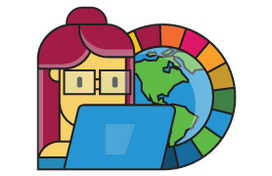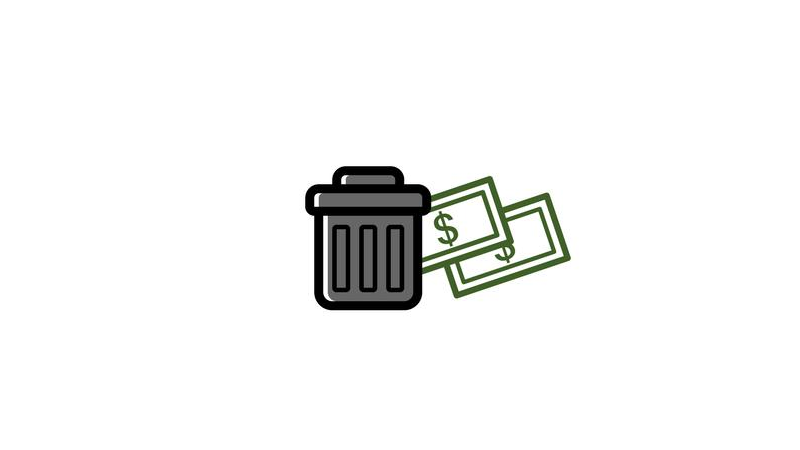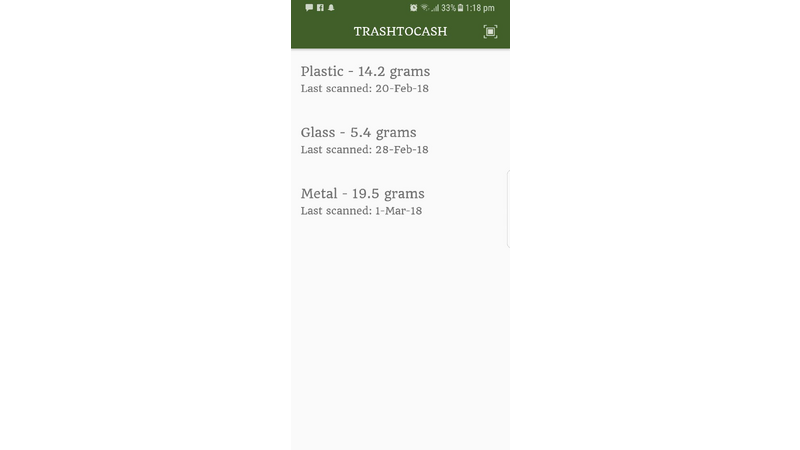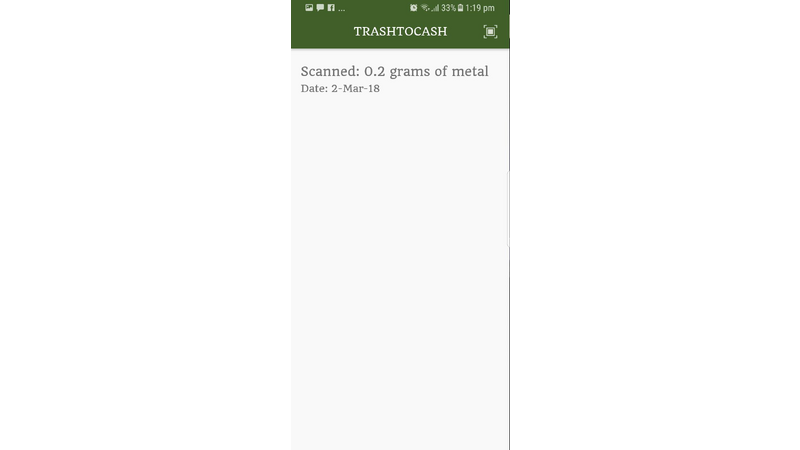Pakistan is a developing country that sees a continuous increase in its educated citizens and workforce, with a recent focus on women in particular. According to government statistics, 22% of females over the age of 10 contribute to the Pakistani workforce in different fields and capacities, as compared to 14% a decade ago. A recent survey also shows women to constitute 4.6% of board members of different companies in Pakistan. Needless to say, the unlocked potential of Pakistani women is now being recognised and utilised.
Despite the increase in workforce and educated citizens, one of the biggest problems Pakistan continues to face today is that of the proper disposal of waste material. It is a well-known fact that our country is producing more trash than we know what to do with. Various solutions have been devised, none of which are very environment-friendly: dumping it in water bodies and collecting it upon acres of land that eventually become their own form of landscapes are two examples. Different proposals have been put up to reduce the amount of waste we already have, one of which is the construction of an electricity plant that will use garbage as a raw material. The problem has been approached before by the start-up TrashIt that aims to use food waste to create organic compost - however, there is still a lot of work to be done in terms of un-biodegradable waste.
In order to deal with plastic and other forms of waste that increase our carbon footprint, we propose the TrashToCash system: an automated kiosk that awards its users with redeemable points to be used at a number of outlets for different purposes that are somewhat essential to everyone’s lifestyle - food and clothing in particular. These kiosks will be placed at spots where poverty may be higher in percentage as compared to other areas, in order to spearhead two of our country’s most urgent problems with a simple and efficient solution.
The TrashToCash system will be easy to use and will be bilingual to address its users in both English and Urdu, which is the country’s national language. It will consist of a chute for inserting trash, and a simple LED screen indicating what the user needs to do. Once the garbage item has been inserted into the machine, the user will receive a receipt that can be shown to different stores to redeem food and clothing, making it essentially free. This simple incentive system will encourage the poor to even collect trash from other places to insert into the machine, in order to be able to sustain themselves temporarily.






Comments (35)
t
testing
t
testing
t
testing
t
testing
t
testing
t
testing
t
testing
t
testing
t
testing
t
testing